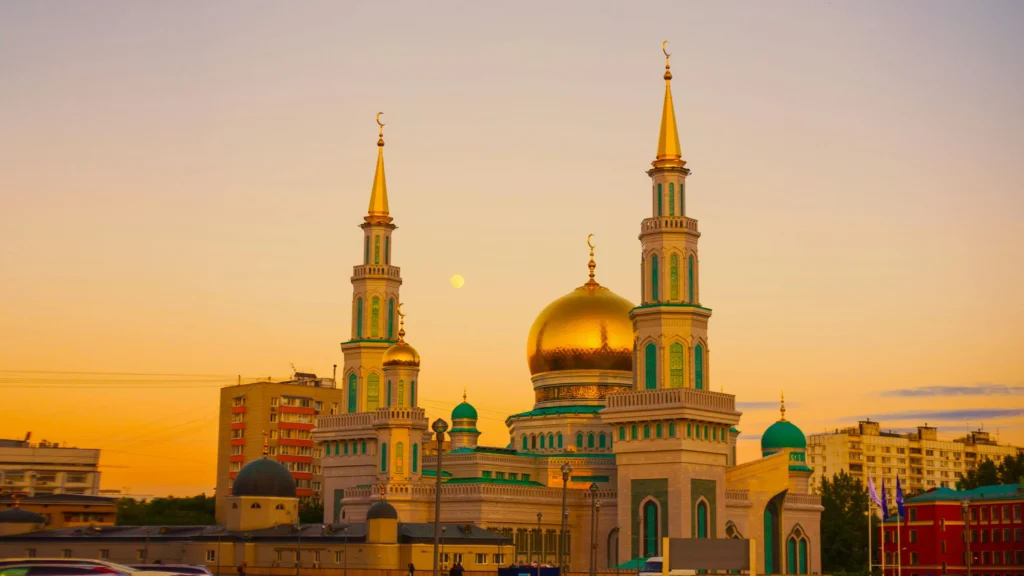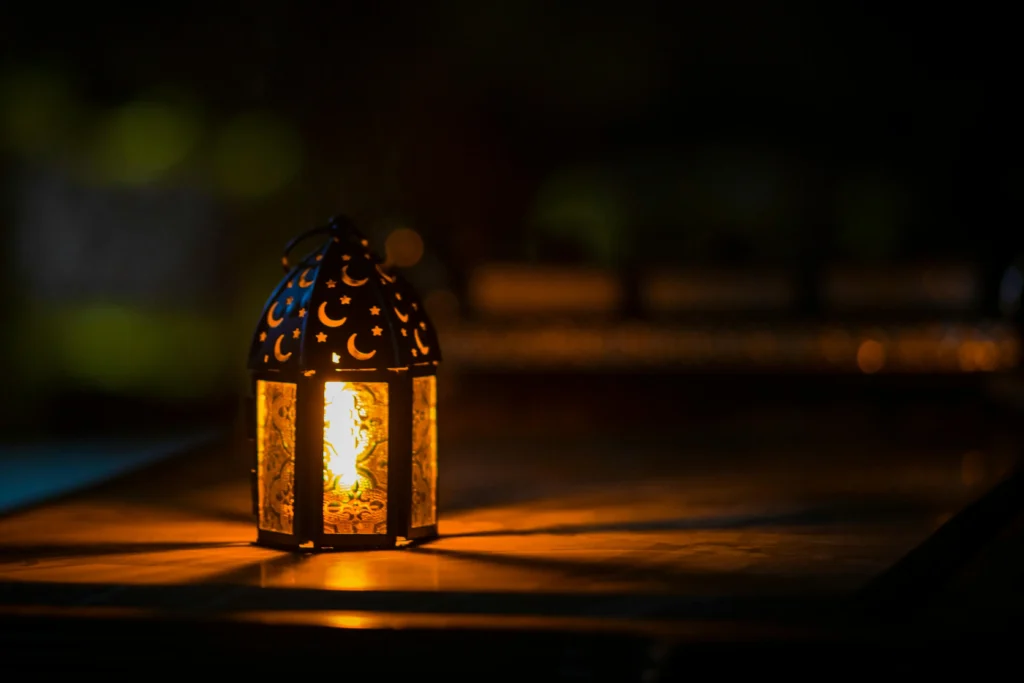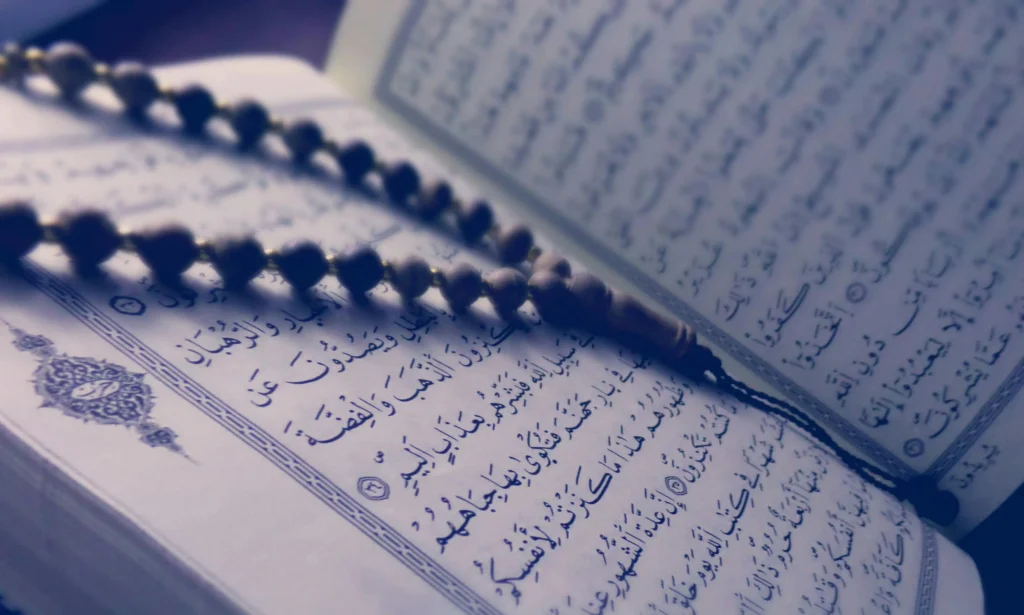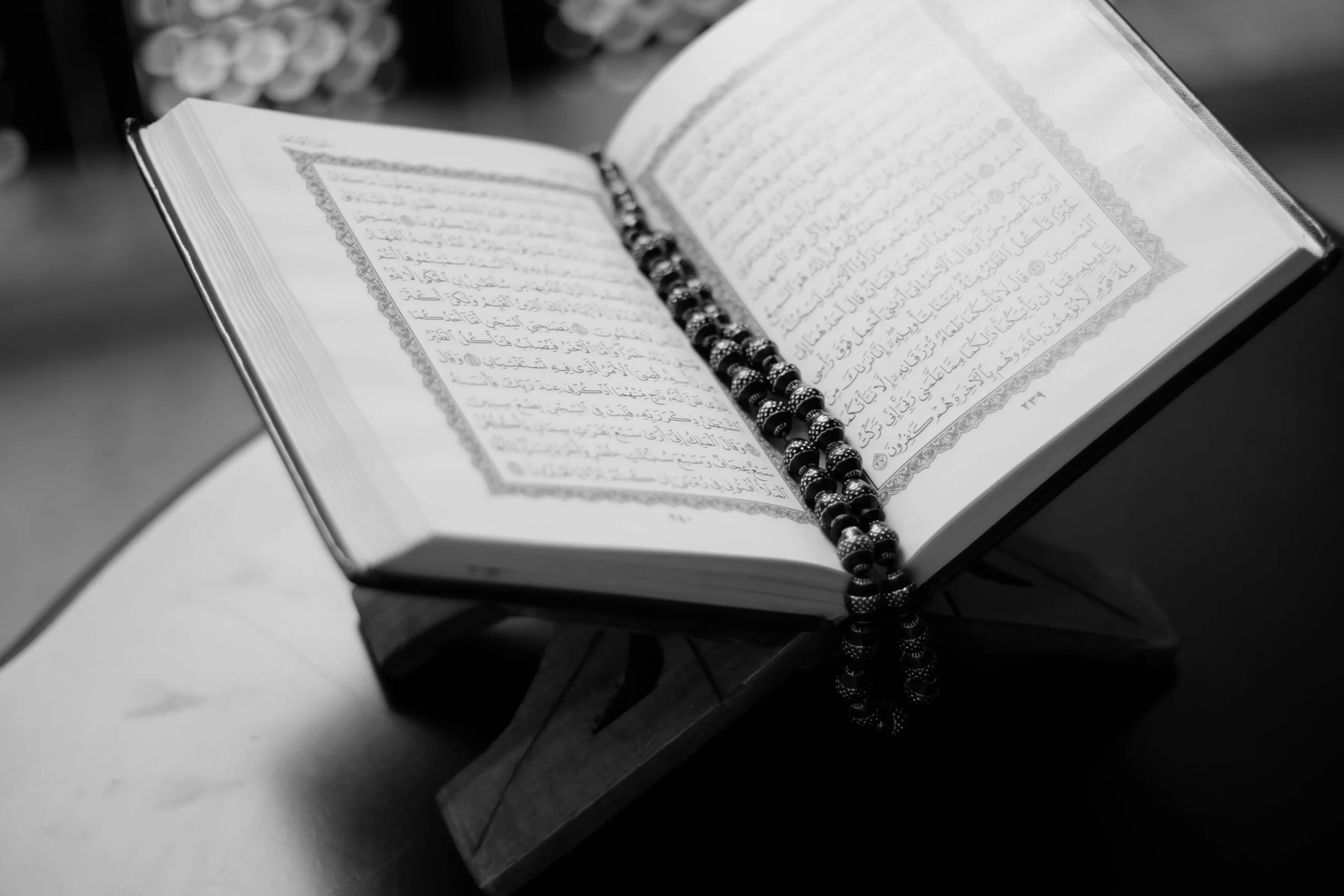Islam is a beautiful religion who says the that there is only one single God named as Allah Almighty. He is the creator of this entire universe. Every single thing, no matter small or large is created by Allah Almighty. In this article, we are going to discuss about some best books of Islamic History.
What is Islam?
It is the reality, that whatever we see, the first thought which comes in our mind, is that who is the creator of this. For example; if see a watch, our mind thought the watchmakers, similarly, if see a generator, our mind goes about an engineer. Likewise, we are living in the world, so there’s someone who is the creator of this world. Islam named that creator Allah Almighty. Followers of Islam are called as Muslims.
Muslims strongly believed that Allah Almighty is the creator of this entire universe. No one is his companion nor is partner. He is alone, capable of doing everything, he wish.
Pillars of Islam
In Islam, there’s five pillar of Islam. Each Pillar has it’s own importance.

The Shahadah, or profession of faith
The first pillar is the profession of faith: “There is no deity but God, and Muhammad is the messenger of God,” upon which depends membership in the community. The profession of faith must be recited at least once in one’s lifetime, aloud, correctly, and purposively, with an understanding of its meaning and with an assent from the heart.
From this fundamental belief are derived beliefs in angels (particularly Gabriel, the Angel of Inspiration), the revealed Book (the Qur’an and the sacred books of Judaism and Christianity), a series of prophets (among whom figures of Jewish and Christian tradition are particularly eminent, although it is believed that God has sent messengers to every nation), and the Last Day (Day of Judgment).
Prayer (Namaz)
Muslims pray facing Mecca five times a day: at dawn, noon, mid-afternoon, sunset, and after dark. Prayer includes a recitation of the opening chapter (sura) of the Qur’an, and is sometimes performed on a small rug or mat used expressly for this purpose. Muslims can pray individually at any location (fig. 1) or together in a mosque, where a leader in prayer (imam) guides the congregation.
Men gather in the mosque for the noonday prayer on Friday; women are welcome but not obliged to participate. After the prayer, a sermon focuses on a passage from the Qur’an, followed by prayers by the imam and a discussion of a particular religious topic.
Zakat
In accordance with Islamic law, Muslims donate a fixed portion of their income to community members in need. Many rulers and wealthy Muslims build mosques, drinking fountains, hospitals, schools, and other institutions both as a religious duty and to secure the blessings associated with charity.

Fasting
During the daylight hours of Ramadan, the ninth month of the Islamic calendar, all healthy adult Muslims are required to abstain from food and drink. Through this temporary deprivation, they renew their awareness of and gratitude for everything God has provided in their lives—including the Qur’an, which was first revealed during this month. During Ramadan they share the hunger and thirst of the needy as a reminder of the religious duty to help those less fortunate.
Hajj
Every Muslim whose health and finances permit it must make at least one visit to the holy city of Mecca, in present-day Saudi Arabia. The Ka’ba, a cubical structure covered in black embroidered hangings, is at the center of the Haram Mosque in Mecca (fig. 2). Muslims believe that it is the house Abraham (Ibrahim in Arabic) built for God, and face in its direction (qibla) when they pray. Since the time of the Prophet Muhammad, believers from all over the world have gathered around the Ka’ba in Mecca on the eighth and twelfth days of the final month of the Islamic calendar.
Who is Hazrat Muhammad (S.A.W)?
Allah Almighty sent 1 Lakh 24 Thousand Messengers to the human mankind. These Messengers are also known as Prophets. Holy Prophet Hazrat Muhammad (S.A.W) is the last prophet of Allah Almighty. Allah Almighty revealed Qur’an on our Prophet Hazrat Muhammad (S.A.W). Muslims strongly believed that Almighty is the only creator of this entire universe and Hazrat Muhammad is his last prophet.
Best Books of Islamic History
Islamic History is full of bravery, courage, drive and inspirations. Moreover, it is so much long. There are many books on Islamic History, but I am going to tell you about some best books of Islamic History.
Qur’an
The Quran, also romanized Qur’an or Koran, is the central religious text of Islam, believed by Muslims to be a revelation directly from God. It is organized in, 30 Parahs, 114 chapters which consist of individual verses.

Lost Islamic History
Lost Islamic History: Reclaiming Muslim Civilization from the Past is a book on Islamic history, written by American researcher and historian Firas Alkhateeb. It was first published in 2014 via Hurst Publishers in the United Kingdom. It has since been translated into Turkish, Indonesian, and Urdu.
The Succession to Muhammad (S.A.W)
The Succession to Muhammad is a book by Wilferd Madelung published by the Cambridge University Press in 1997. Madelung investigates the events after the death of Muhammad, where there was a battle to see who would control the Muslim community.
Conclusion
Islam began with the Prophet Muhammad. Islam means “surrender” and its central idea is a surrendering to the will of God. Its central article of faith is that “There is no god but God and Muhammad is his messenger”.
Followers of Islam are called Muslims. Muslims believe that they are following in the same tradition as the Judeo-Christian figures Adam, Noah, Abraham, Moses, and Jesus who they believe were significant prophets before Muhammad.
